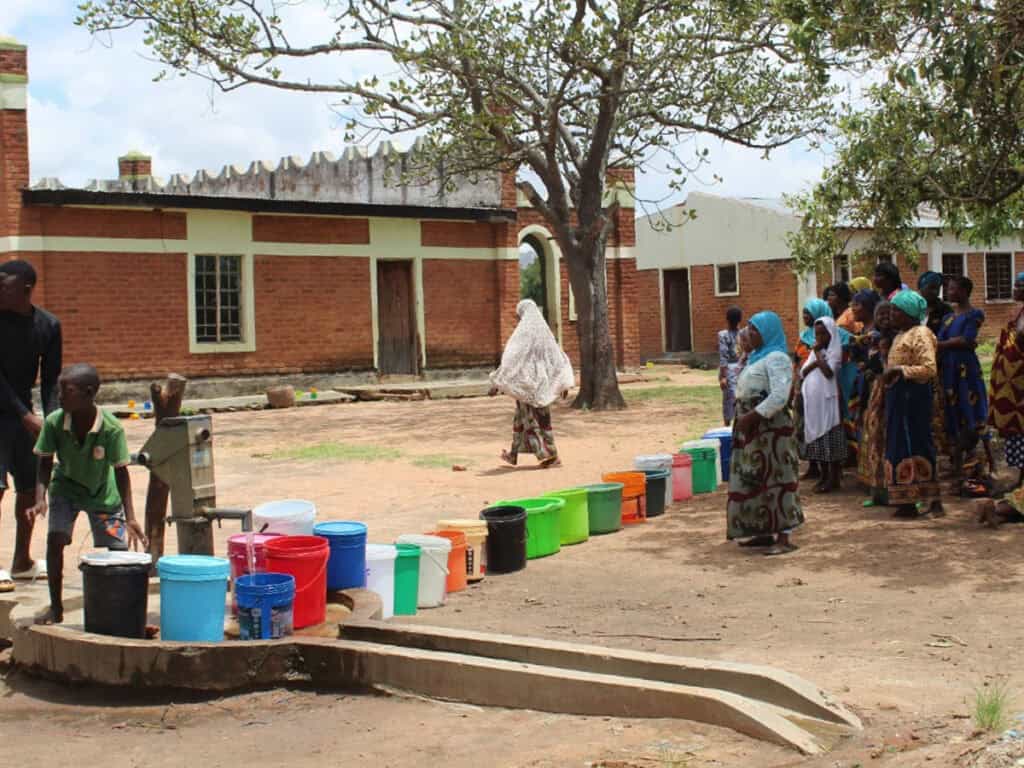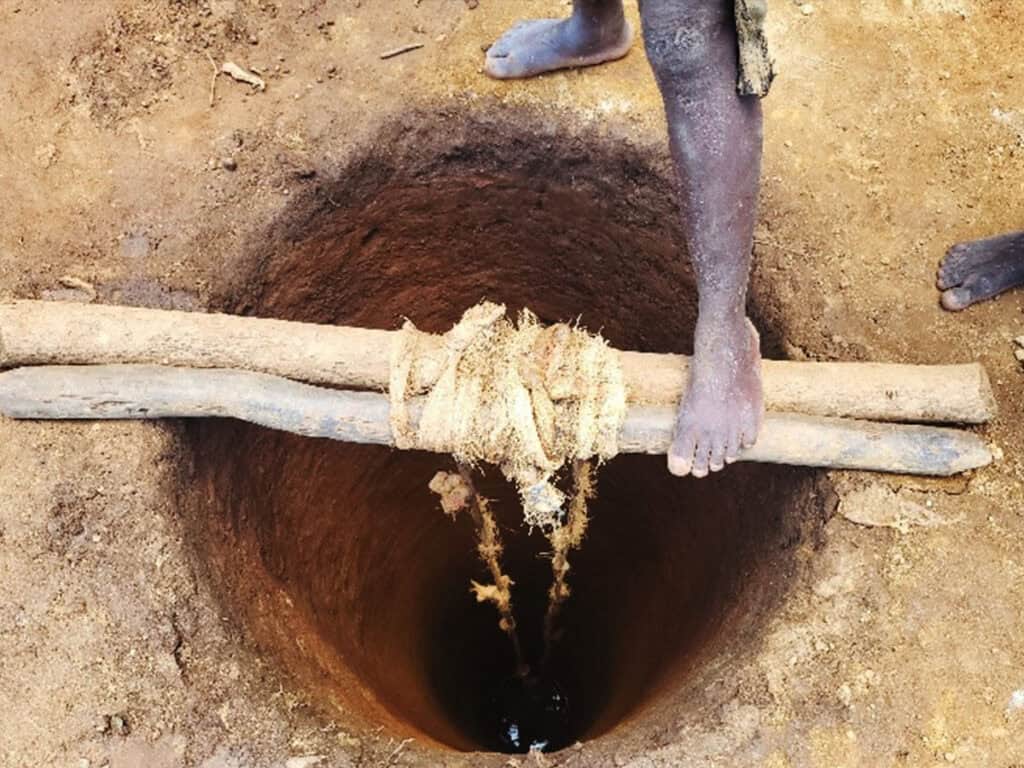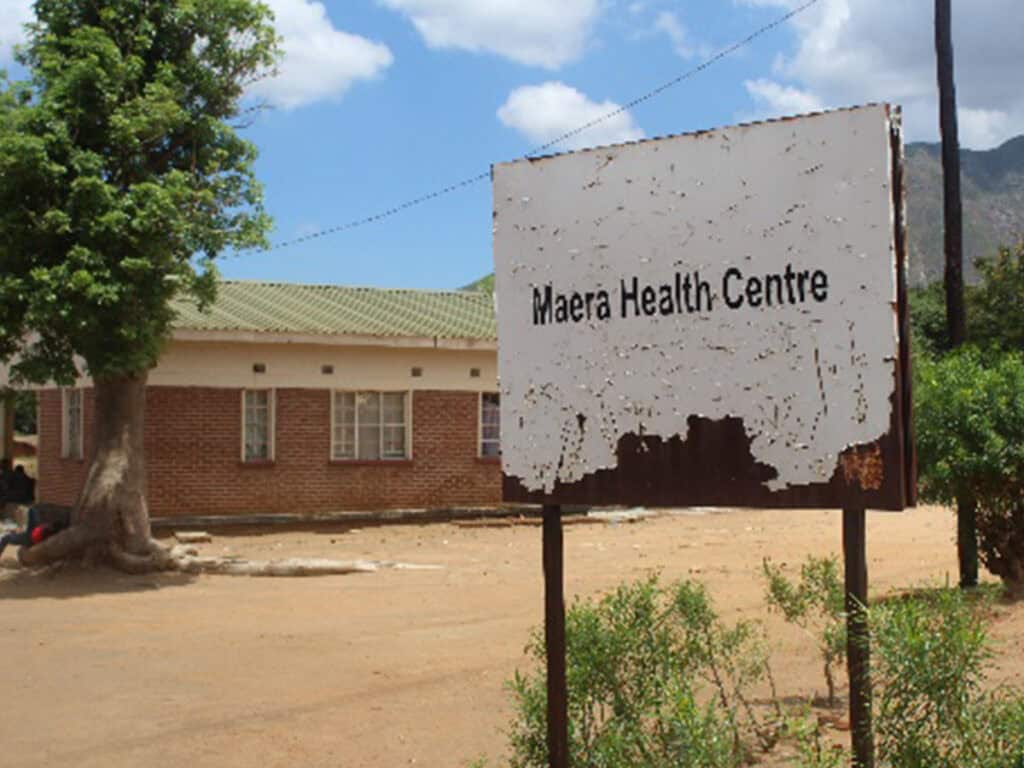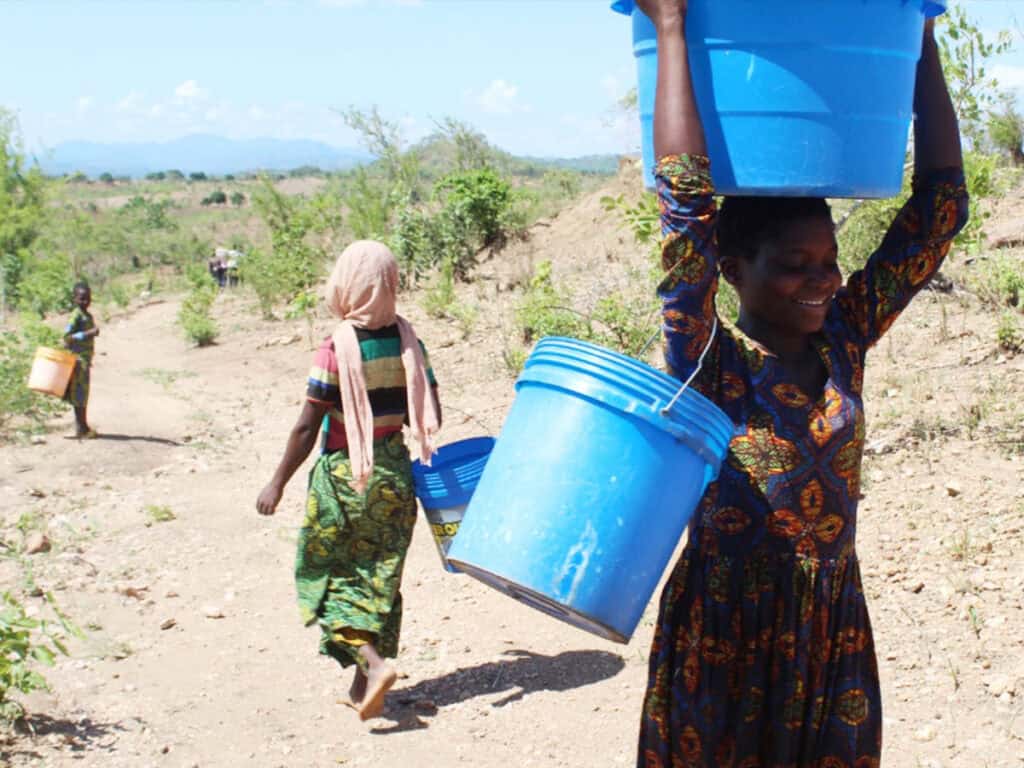Let’s get to work in Malawi
Let’s get to work in Malawi
Over 30% of the population in Malawi lacks access to clean drinking water. That’s over 7 million people! We hope to make a slight change to this problem with our new project Madzi for Malawi. Here is an overview of where we are working, and what needs to be done.
Project areas
Malawi is landlocked by neighbouring countries Zambia, Tanzania and Mozambique, but still has a beautiful ‘coastline’ thanks to the large central Lake Malawi. It is home to over 21 million people.
We are at work in two of the 28 districts in the country. In Machinga we are working in the villages of Kundowa, Sija, Namilepo and for the Magamba Health Centre. In Zomba we are working at the Maera Health Centre and the Naphini and St. Michaels primary schools.
Click on the marker to zoom in

Machinga district
The Machinga district is located in the south-east of Malawi and has a population of over 845 thousand. There are as many as 2,827 boreholes in the region, of which 93% are currently functioning.
Villages in the Machinga district without direct access to boreholes or waterpoints rely on those of community centres, such as a local mosque. As many as 10 small villages around the Madina mosque depend on their water tap, which can sometimes cause people to queue for an hour or more for their daily water.
Dig it yourself
If a village is not near a safe water point, the inhabitants frequently dig a hole in the ground until they reach water, or fetch water from a nearby river. This is not without risk, because this water is not quality- checked and can make people very sick.
There are 22 health centres in the region in addition to a hospital. All these locations now have access to running, clean water. However, many connections are wearing out and therefore need maintenance as soon as possbible.


Zomba District
Zomba district has almost a million inhabitants and currently around 5000 water points. Of these, about 87% are functioning and all connections require a lot of maintenance.
The 32 health centres and the hospital in Zomba in particular need repairs to their water systems. The tanks are leaking, the solar panels are working overtime to refill the empty tanks, and there are not enough taps for the many people who come to collect water.
The hospital has a separate maternity ward, but it has no running water. As a result, patients – heavily pregnant or having recently given birth – have to fetch buckets of water themselves.
A matter of timing
We are relieved that we were able to complete our commitment to Madzi for Malawi at the end of last year, because the termination of sponsorship from America at the beginning of this year has major consequences for projects and areas like this that are heavily dependent on foreign aid.
Although it is difficult to predict what the future of these types of projects will be in these politically turbulent times, it is very reassuring for us and our project partner that we can at least help these districts, villages and many inhabitants in Malawi to improve their existing boreholes, repair leaks and make more water points available. This would not be possible without the support of our ambassadors. We are always very grateful to you, but in this case twice as much!

Madzi for Malawi
With the project (‘madzi’ means water in Chichewa), we will improve water and sanitation facilities in two districts (Zomba and Machinga). We are building 10 new water wells in a number of different villages. We are also renovating the water installations in two healthcare institutions in the area and installing water points in surrounding communities.
In addition to these access points for clean water, we are also going to help to practice better personal hygiene. Through training and campaigns, we hope to get more people to wash their hands regularly.
You might want to read these updates too: